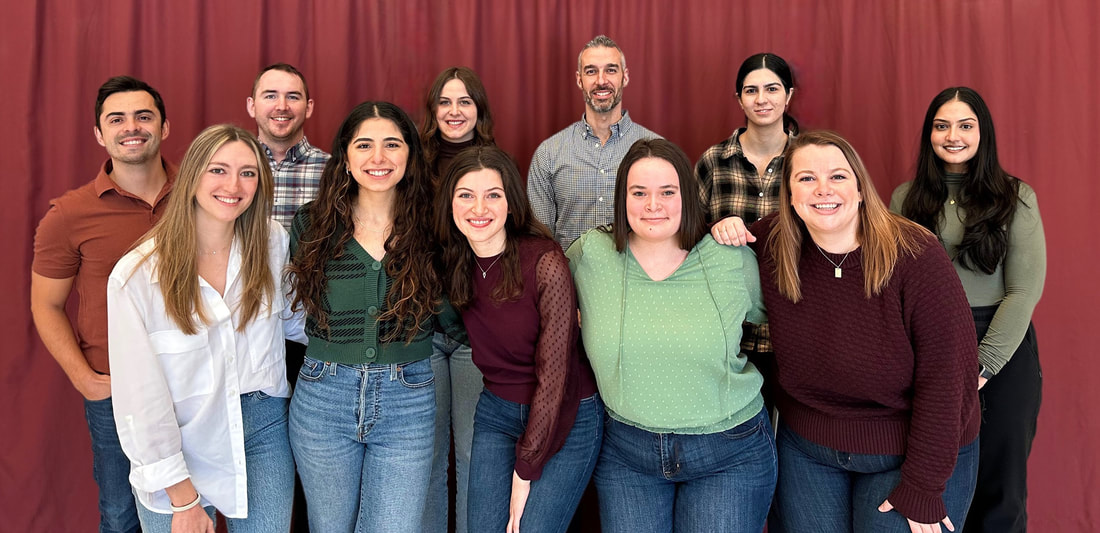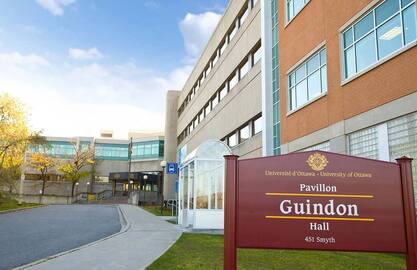Our goal is to optimize endogenous stem cell function to maintain tissue health across the lifespan
Research |
Our current projects include:
|
People |
Check out the amazing team working in the De Lisio Lab! |
Publications |
Take a look at published works |
Contact |
Located within the Faculty of Health Sciences' "Integrative Health Biology Lab" |
Join |
Interested in joining? |




